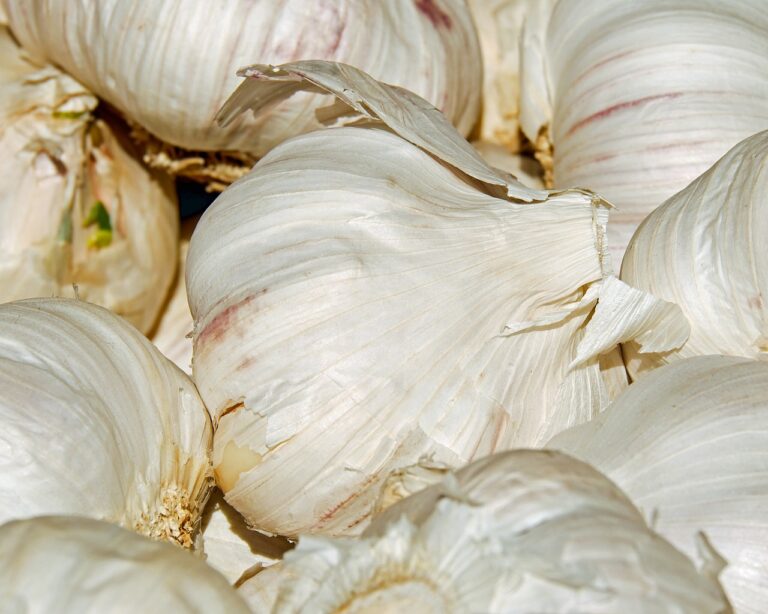The Impact of Food Industry on Sustainable Livelihoods for Indigenous Artisans
Indigenous artisanry in the food industry plays a vital role in preserving cultural heritage and traditions. The unique techniques passed down through generations contribute to the authenticity of indigenous cuisine, reflecting the deep connection to the land and community. By embracing and promoting these artisanal practices, indigenous communities are able to share their rich cultural history with the world, fostering appreciation and understanding among diverse audiences.
Furthermore, indigenous artisanry serves as a form of resistance against cultural appropriation and homogenization in the food industry. By highlighting traditional methods and ingredients, artisans assert their cultural identity and sovereignty, reclaiming their narratives in a globalized world. The intricate designs and intricate preparation processes involved in indigenous artisanry not only produce exquisite culinary creations but also serve as a form of storytelling, rooted in ancestral knowledge and respect for the environment.
Challenges Faced by Indigenous Artisans in the Food Industry
Indigenous artisans in the food industry encounter numerous challenges that threaten the preservation of their traditional practices and cultural heritage. Limited access to resources such as funding, technology, and marketing channels often hinders their ability to compete in the modern marketplace. The lack of support and recognition for their unique skills and knowledge further exacerbates their struggles to sustain their artisanal businesses.
Additionally, globalization and commercialization pose significant challenges for indigenous artisans, as mass-produced goods often overshadow the authenticity and uniqueness of their handcrafted products. The pressure to conform to mainstream standards and tastes can compromise the integrity of traditional recipes and techniques, leading to a dilution of cultural identity. Despite these obstacles, many indigenous artisans remain resilient in their pursuit to uphold their heritage and craft in the face of adversity.
Innovations and Traditions in Indigenous Food Artisanry
Indigenous food artisanry is a vibrant tapestry of traditions that have been handed down through generations. The techniques and skills used by indigenous artisans are steeped in cultural significance, each dish or craft telling a story of heritage and identity. From intricate beadwork on regalia to the meticulous preparation of traditional dishes, indigenous food artisanry serves as a living testament to the resilience and creativity of these communities.
In recent years, there has been a shift towards innovation in indigenous food artisanry, with artisans finding new ways to blend traditional methods with modern techniques. This fusion has resulted in the creation of unique dishes and products that not only honor the past but also cater to the evolving tastes of a contemporary audience. By embracing innovation while staying true to their heritage, indigenous artisans are able to preserve their cultural identities while also carving out a space in the global market for their craft.
• Indigenous food artisanry is a vibrant tapestry of traditions passed down through generations
• Techniques and skills used by indigenous artisans are steeped in cultural significance
• Each dish or craft tells a story of heritage and identity
• From beadwork on regalia to traditional dishes, indigenous food artisanry showcases resilience and creativity
In recent years, there has been a shift towards innovation in indigenous food artisanry:
• Artisans blending traditional methods with modern techniques
• Creation of unique dishes and products that honor the past while appealing to contemporary tastes
• Embracing innovation while staying true to heritage helps preserve cultural identities
• Carving out a space in the global market for their craft
What is the cultural significance of Indigenous artisanry in the food industry?
Indigenous artisanry in the food industry is deeply rooted in cultural traditions and practices, often passed down through generations. It not only preserves cultural heritage, but also provides a source of income for Indigenous communities.
What are some challenges faced by Indigenous artisans in the food industry?
Indigenous artisans often face challenges such as limited access to markets, lack of resources and support, and issues related to intellectual property rights. These barriers can hinder their ability to thrive and sustain their artisanal practices.
How are Indigenous artisans incorporating innovations into their traditional food artisanry?
Indigenous artisans are finding ways to blend traditional practices with modern innovations, such as using new technologies for production and marketing, introducing new ingredients or flavors, and experimenting with different techniques while still honoring their cultural roots.
How can consumers support Indigenous food artisans?
Consumers can support Indigenous food artisans by seeking out and purchasing their products, sharing their stories and products with others, and advocating for policies that support Indigenous artisanal practices. By supporting Indigenous artisans, consumers can help preserve cultural traditions and promote economic empowerment within Indigenous communities.







